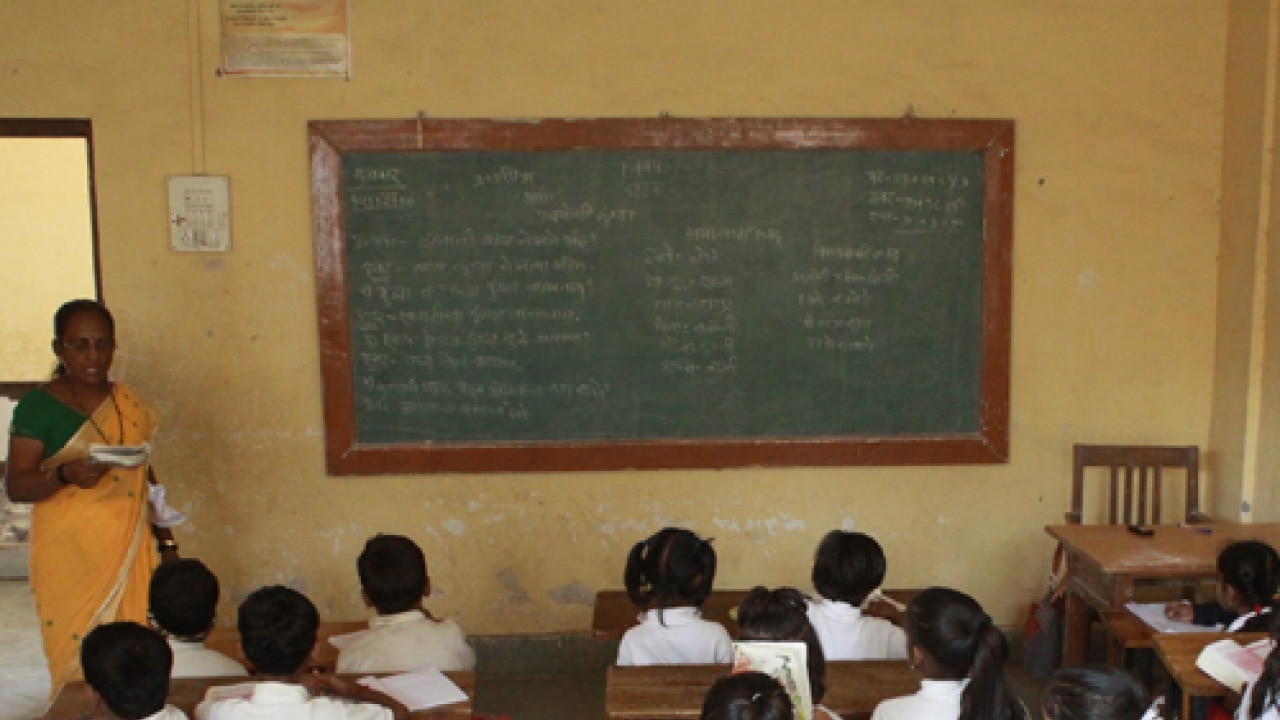
A lot is being spoken about the Allahabad High Court’s decision.
A decision which mandates that the children/wards of Government servants, local bodies, politicians, judiciary and all such persons who receive perk, benefits or salary from the State exchequer or public fund, send their children/wards in the age of receiving primary education to the government schools. This decision comes in the background of sad state of primary and secondary education in the government schools whether it is with regard to appointment of teachers or infrastructure or basic facilities like drinking water and sanitation.
Related Read: Politicians, bureaucrats, judges must send their children to government schools: Allahabad HC
The case is a bunch of writ petitions filed before the Allahabad HC broadly on the procedure of appointment of teachers to the government schools. These writ petitions are an offshoot of the Court’s earlier decision which struck down certain provisions of UP Basic Education (Teachers) Service (Fifteenth Amendment) Rules 2012 which only considered the educational qualifications and did not give any weight to the scores of Teachers Eligibility Test in preparation of merit list for the recruitment. It is pertinent to observe that nowhere in the case have the petitioners prayed for improving the conditions of the government schools. No relief has been prayed before the court to order the children/ wards of the government servants, politicians etc. to be sent to the government schools for primary education.
With no specific relief prayed with respect to improving the conditions of the government schools, as a parting note, the court’s order can only be termed as an observation regarding the state of education in government schools and is only an obiter dictum. The order of the court that Chief Secretary of the UP government has to ensure its implementation is untenable.
The judgement is nothing short of judicial overreach where policy matters are best to be left with the Executive and the Legislature. The court’s assumption that sending the children of government servants and politicians would improve the conditions of the government school has no evidentiary base either in the form of research or study and harps on the assumption. In fact, the court even goes on to state that a penal provision should be made for flouting of the orders.
The SC has clearly stated that though strict compartmentalization of functions of the legislature, the executive and the judiciary is not envisioned in the Constitution, one organ of the state cannot usurp to itself the essential functions of the other. The lack of good policy and implementation is the failure of the government and the executive and the Court cannot take up the responsibility of their functions.
The judgement highlights the absolute apathy of the system and the failure of public education system throughout the country where majority of the students receive education. The high drop-out rate in government schools and the allocation of huge amounts of money on education by the governments disappearing without any facilities or improvement in the government schools is a telling tale of the public education system in the country. It is high-time that the government fixes the broken education system and ensures that the realisation of constitutional goal of right to free and compulsory education up to the age of 14 years a reality.
Dhruv Tejaswi is a lawyer based in Delhi